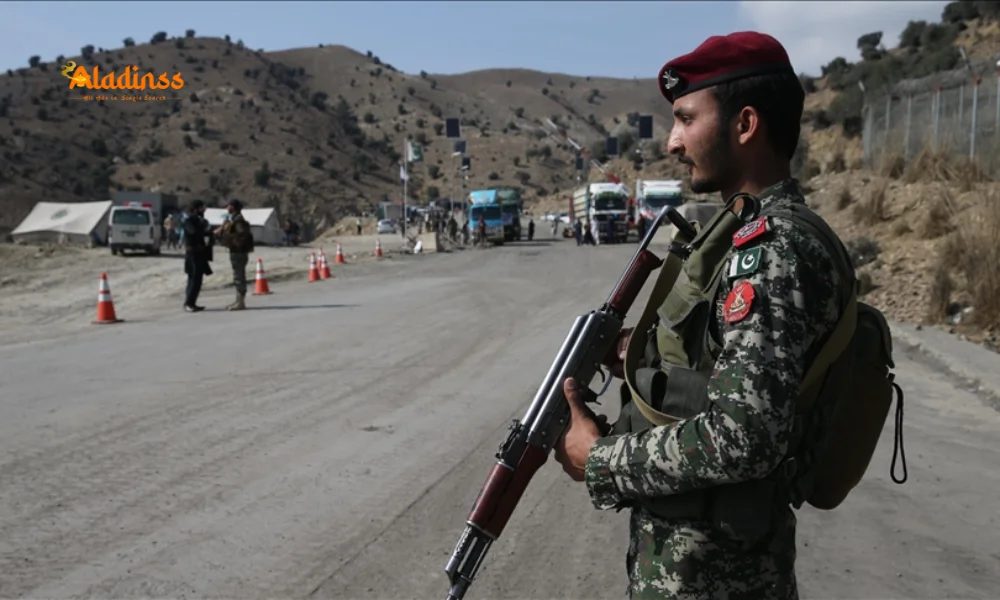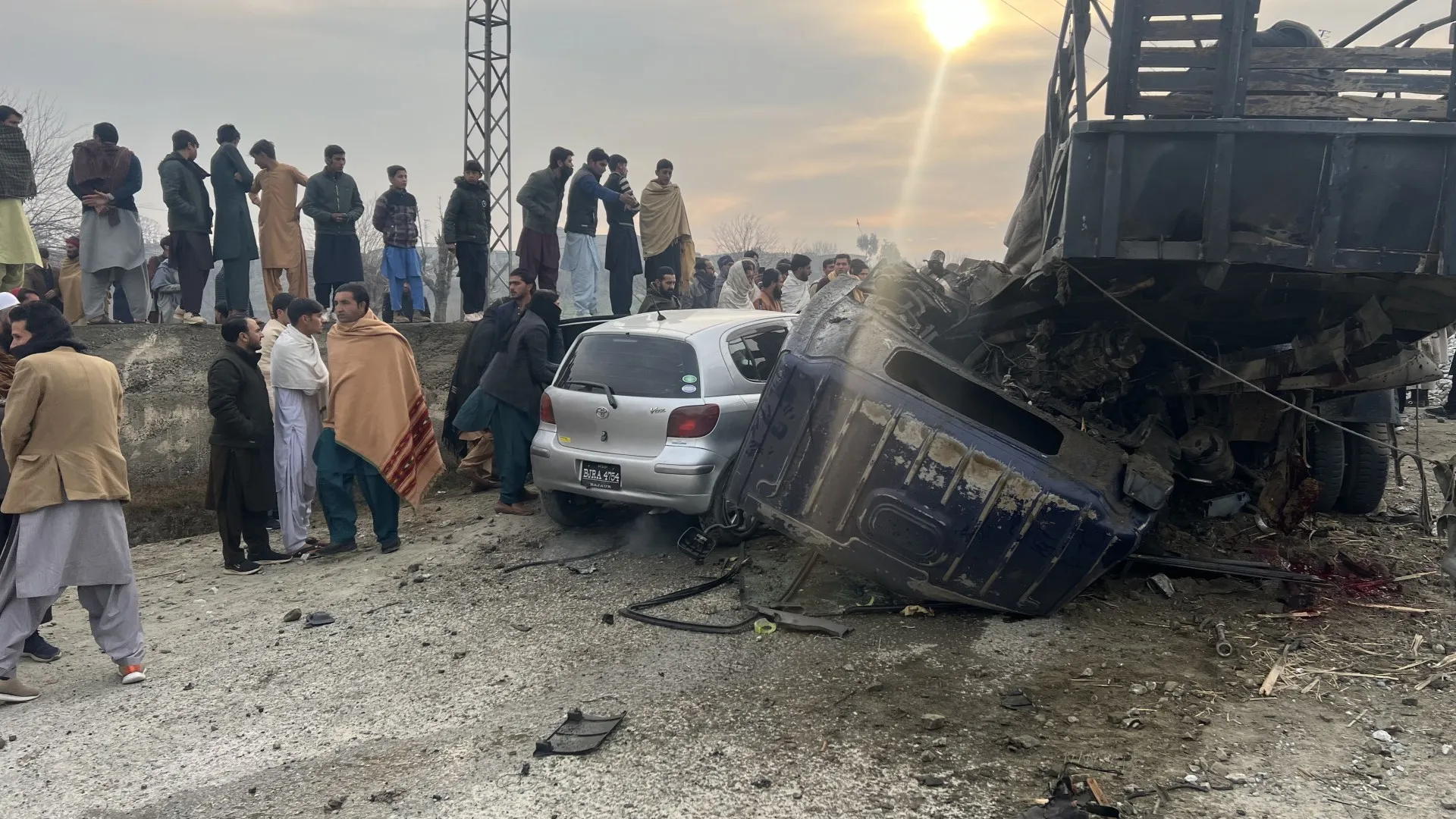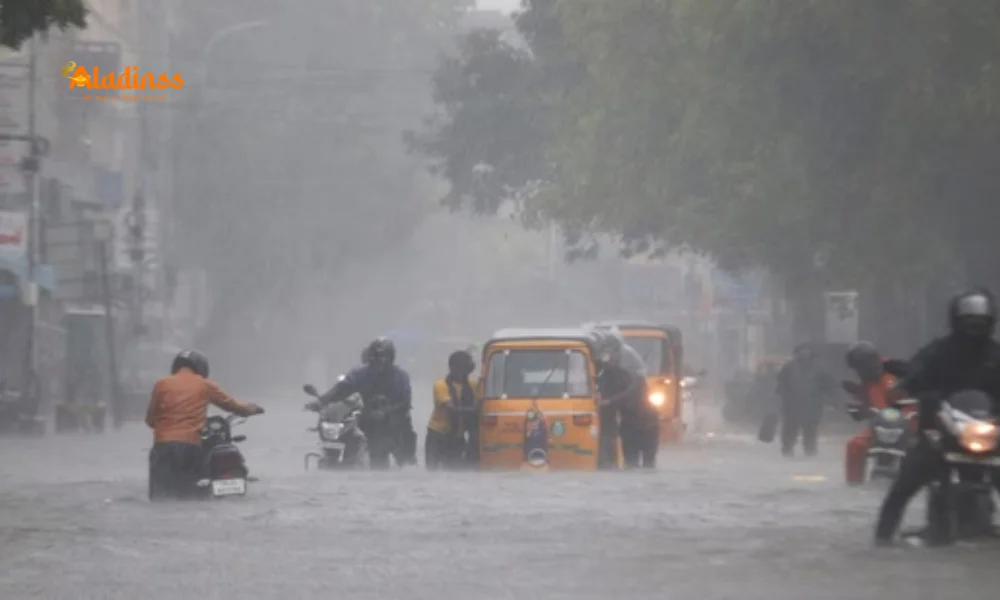Explosive Statement: Pakistan’s Asif Calls Kabul an ‘India Proxy’ After Afghan Rift

Pakistan’s Asif: Afghans Must Leave, Kabul Acts as India’s Proxy
Pakistan’s Defence Minister Khawaja Asif has escalated tensions with Afghanistan, demanding that all Afghans residing in Pakistan return to their homeland, accusing Kabul of acting as a “proxy” for India. In a fiery statement, Asif declared that Pakistan’s resources belong solely to its 250 million citizens and signaled the end of longstanding ties with Afghanistan. The remarks come amid ongoing border clashes and the expiration of a 48-hour ceasefire, with the Taliban alleging that Pakistan violated the truce with airstrikes in Paktika province, further straining relations between the two neighbors.
Asif’s comments, posted on social media on October 17, 2025, reflect Pakistan’s frustration with the security situation since the Taliban’s 2021 takeover. He highlighted the toll of 10,347 terror attacks that have claimed 3,844 lives, including civilians and security personnel, attributing much of the instability to Afghanistan-based groups. The minister’s call for Afghans to leave Pakistan and his accusation of Kabul’s alignment with India mark a significant shift in rhetoric, raising concerns about the future of Afghanistan-Pakistan relations.
Asif’s Call for Afghans to Return Home
In his social media post, Khawaja Asif emphasized that Afghans in Pakistan must return to their country, where they now have “their own government, their own caliphate in Kabul.” He argued that Pakistan’s land and resources are reserved for its 250 million citizens, signaling a hardline stance on Afghan refugees and migrants. This demand comes at a time when Pakistan hosts millions of Afghans, many of whom have lived in the country for decades due to conflict and instability in Afghanistan.

The minister’s remarks reflect growing domestic pressure in Pakistan to address the presence of Afghan refugees, particularly amid rising security concerns. The Taliban’s return to power in 2021 has complicated Pakistan’s refugee policy, as many Afghans face uncertainty about their future in Afghanistan. Asif’s call for repatriation underscores Pakistan’s intent to prioritize its own citizens, but it also risks exacerbating tensions with Afghanistan, where the Taliban have accused Pakistan of undermining their sovereignty through airstrikes.
Accusations of Kabul as India’s Proxy
Asif’s accusation that Kabul is acting as a “proxy” for India adds a new dimension to the Afghanistan-Pakistan conflict. By suggesting that the Taliban government is aligned with India, Pakistan’s regional rival, Asif is framing the border clashes as part of a broader geopolitical struggle. This narrative aligns with Pakistan’s longstanding concerns about India’s influence in Afghanistan, particularly through development projects and diplomatic engagement. However, the Taliban have not publicly responded to this specific claim, focusing instead on condemning Pakistan’s airstrikes.
The accusation of India’s involvement taps into Pakistan’s broader security concerns, particularly its fear of encirclement by hostile neighbors. India’s growing ties with Afghanistan, even under Taliban rule, have been a point of contention for Islamabad. Asif’s remarks may be intended to rally domestic support by framing Afghanistan as a security threat influenced by external powers. However, this rhetoric risks further complicating diplomatic efforts to resolve the ongoing border tensions, especially as both sides prepare for talks in Doha.
Escalating Border Clashes and Ceasefire Violations
The backdrop to Asif’s statements is a series of intense border clashes between Pakistan and Afghanistan, which have strained relations since the Taliban’s 2021 takeover. A 48-hour ceasefire, intended to de-escalate tensions, expired on October 17, 2025, at 6 pm local time. While reports suggested an extension of the truce, the Taliban accused Pakistan of violating it with airstrikes in Paktika province, targeting districts like Argun and Barmal. These strikes, which reportedly killed civilians, including three Afghan cricketers, have fueled outrage in Kabul.
Pakistan defends the airstrikes as necessary to target Tehrik-i-Taliban Pakistan (TTP) hideouts, a militant group responsible for numerous attacks within Pakistan. However, the Taliban reject these claims, asserting that the strikes hit civilian compounds and a cricket club, violating Afghan sovereignty. The breakdown of the ceasefire has heightened the risk of further escalation, with both sides preparing for talks in Doha to seek a resolution. Asif’s remarks, delivered amid these tensions, signal Pakistan’s uncompromising stance, potentially complicating diplomatic efforts.
Pakistan’s Security Challenges Post-Taliban Takeover
Asif highlighted the heavy toll Pakistan has faced since the Taliban’s return to power, citing 10,347 terror attacks that have claimed 3,844 lives, including civilians and security personnel. The rise in attacks, particularly by the TTP, has intensified Pakistan’s security concerns, prompting a more aggressive posture toward Afghanistan. The minister’s comments reflect a broader narrative in Pakistan that attributes its domestic instability to cross-border militancy, with Afghanistan accused of failing to control TTP activities within its borders.
The TTP, a distinct group from the Afghan Taliban but ideologically aligned, has exploited the porous Durand Line to launch attacks in Pakistan. Islamabad’s frustration stems from its belief that the Taliban government has not done enough to curb TTP activities, despite assurances made during peace talks. Asif’s call for Afghans to leave Pakistan may be an attempt to pressure Kabul into taking stronger action against the TTP, but it also risks alienating Afghan refugees and further straining bilateral relations.
Implications for Afghan Refugees in Pakistan
Pakistan hosts an estimated 1.5 million registered Afghan refugees and many more undocumented migrants, a legacy of decades of conflict in Afghanistan. Asif’s demand for their repatriation raises significant humanitarian concerns, as many Afghans lack the means to return to a country still grappling with economic and security challenges under Taliban rule. Forcing mass repatriation could lead to a humanitarian crisis, particularly given Afghanistan’s limited capacity to absorb returnees.
The minister’s rhetoric also reflects domestic political pressures in Pakistan, where public sentiment has grown increasingly critical of Afghan refugees amid economic struggles and security threats. By framing Afghans as a burden on Pakistan’s resources, Asif may be appealing to nationalist sentiments, but this approach risks inflaming tensions with Afghanistan and drawing international criticism. The United Nations and other humanitarian organizations are likely to monitor the situation closely, given the potential for mass displacement and human rights concerns.
Diplomatic Efforts and the Doha Talks
Despite the escalating rhetoric and military actions, both Pakistan and Afghanistan are expected to engage in talks in Doha to address the border crisis. The extension of the ceasefire, though marred by the Taliban’s accusations of violations, suggests a mutual interest in avoiding all-out conflict. Qatar, a key mediator in Afghan-related negotiations, is likely to play a central role in facilitating dialogue, with the Organisation of Islamic Cooperation (OIC) also involved as observers. The Taliban’s pledge to expose Pakistan’s “duplicity” in these forums indicates a strategy to leverage diplomacy to counter Islamabad’s actions.
The Doha talks will be critical in determining whether the two nations can de-escalate tensions and address underlying issues, such as cross-border militancy and refugee policies. Asif’s remarks, however, complicate the diplomatic landscape, as his accusations against Kabul and calls for Afghan repatriation may harden positions on both sides. The international community, including regional powers like China and the United States, will be closely watching the outcome of these talks, given their implications for regional stability.
Regional and Geopolitical Ramifications
Asif’s accusation that Kabul is acting as India’s proxy introduces a geopolitical dimension to the conflict, potentially drawing India into the fray. Pakistan’s concerns about India’s influence in Afghanistan are longstanding, rooted in New Delhi’s investments in Afghan infrastructure and its strategic partnership with the previous Afghan government. The Taliban’s neutral stance on India-Pakistan relations has not fully alleviated Islamabad’s fears, and Asif’s remarks may signal an attempt to pressure Kabul into distancing itself from India.
The broader regional implications of the Afghanistan-Pakistan tensions are significant, given the involvement of external powers and the volatile security situation along the Durand Line. The TTP’s activities, coupled with Pakistan’s airstrikes and the Taliban’s retaliatory measures, threaten to destabilize the region further. Asif’s call for Afghan repatriation and his rejection of past relations with Kabul underscore the challenges of achieving lasting peace, particularly as both nations grapple with internal and external pressures.
A Call for Resolution Amid Rising Tensions
Khawaja Asif’s provocative statements have intensified the Afghanistan-Pakistan conflict, raising the stakes for both nations and the region. His demand for Afghans to leave Pakistan and his accusation of Kabul’s alignment with India reflect a hardening of Pakistan’s stance, driven by security concerns and domestic pressures. However, the upcoming Doha talks offer a glimmer of hope for de-escalation, provided both sides can find common ground and address issues like cross-border militancy and refugee policies.
The international community, particularly mediators like Qatar, will play a crucial role in facilitating dialogue and preventing further escalation. Asif’s remarks, while appealing to nationalist sentiments in Pakistan, risk undermining diplomatic efforts and exacerbating the humanitarian crisis for Afghan refugees. As tensions continue to simmer, the need for a peaceful resolution remains urgent, with the potential to shape the future of Afghanistan-Pakistan relations and regional stability.
Comment / Reply From
No comments yet. Be the first to comment!











